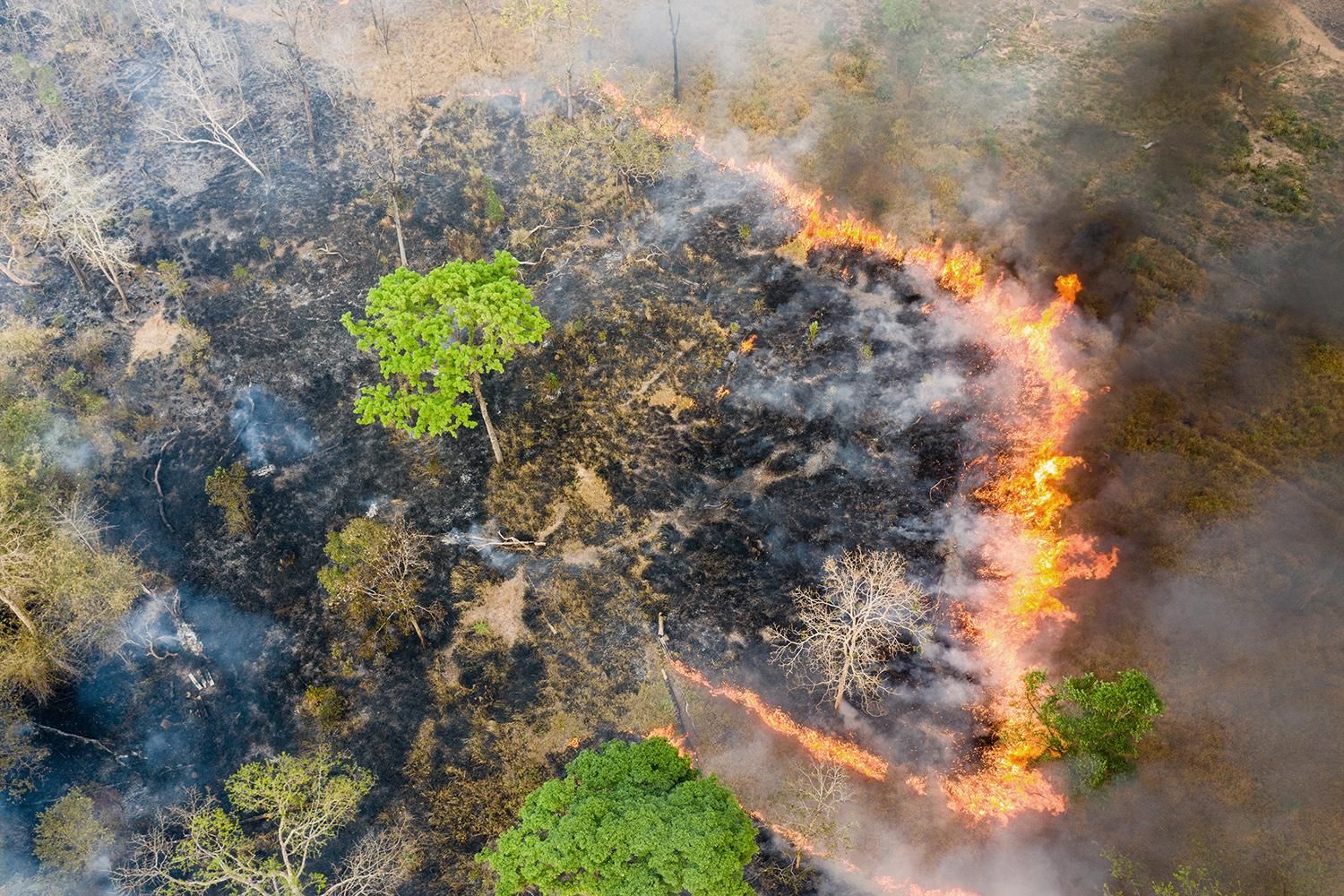One of the greatest challenges for journalists documenting the effects of climate change is to try and get audiences to connect with such a large-scale, existential issue. Through his photography and filmmaking, long-time Pulitzer Center grantee Sean Gallagher tells the stories of individuals to help highlight environmental crises, particularly in Asia.
In May 2020, Gallagher was interviewed in a podcast by Chris King of Documenting Climate Change, an organization devoted to telling multimedia human-centric stories in order “to raise awareness and understanding, globally and across all sectors of society, of the issues and challenges posed by anthropogenic climate change.” In the interview, Gallagher chronicled his career as a freelance journalist based in China while speaking of the challenges behind bringing local environmental stories to a global audience.
“When I was starting out around 15 years ago there really wasn’t much dialogue about some of these types of stories, so finding an organization that I could work with on a regular basis, who could help me cover logistical costs [was really important],” Gallagher told King.
“I’ve been lucky enough that I’ve been supported by an organization called the Pulitzer Center for many years. We’ve been working together on projects for over ten years now,” Gallagher said, explaining how he is now able “to pitch many of these ideas to mainstream publications in Europe and the West, and then get some of that support and funding upfront for projects that I have ideas for.”
Gallagher also commented on his recent Pulitzer Center-sponsored project in Cambodia, where he is documenting the rapidly accelerating deforestation within the country. The situation is “much worse” than he expected and is leading to the “blanket disappearance of a lot of their forests.” Only an estimated 3 percent of Cambodia’s primary forests remain.
“A lot of those images that you might have seen coming out of from places like Brazil and the forest fires in Australia, those kinds of scenes are happening in Cambodia as well. It’s really a story that hasn’t been reported at all. That was one of the first times that I’d seen such incredible destruction through both the deforestation but also through the fires,” Gallagher reflected.
“From time to time I just found myself standing there looking out at some of those landscapes. I might be with some of the conservationists who I was shadowing. And we would just stand there in silence and look at the landscape. You get a lump in your throat, it was so devastating what you were seeing."
To listen to more of Documenting Climate Change’s podcast series, click here.
